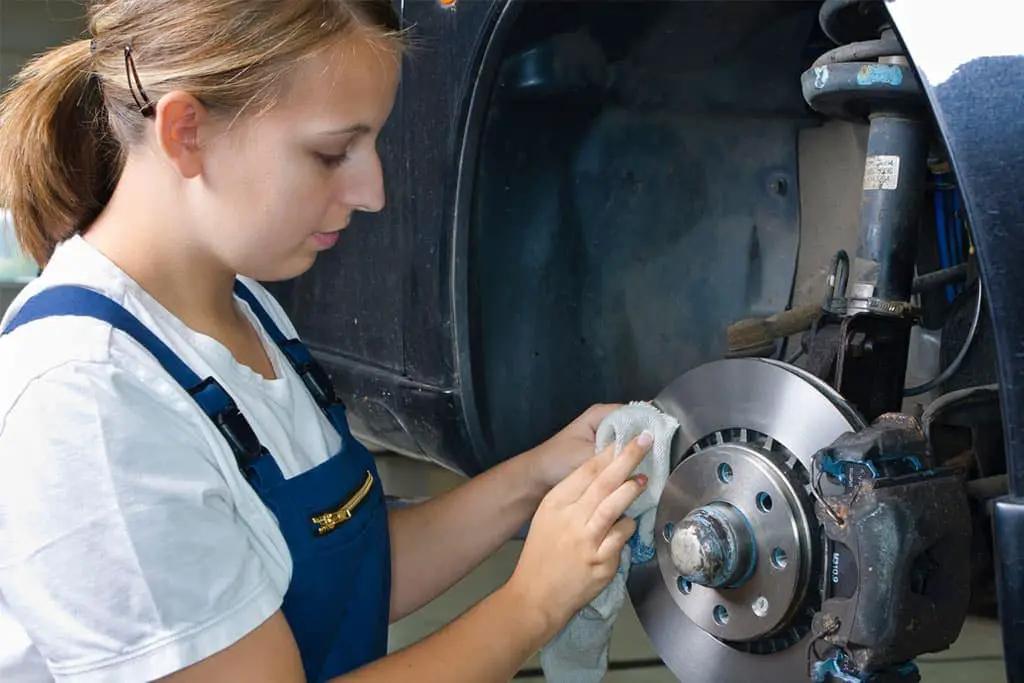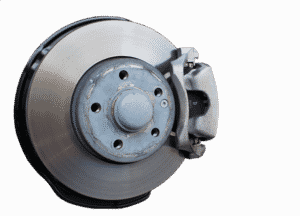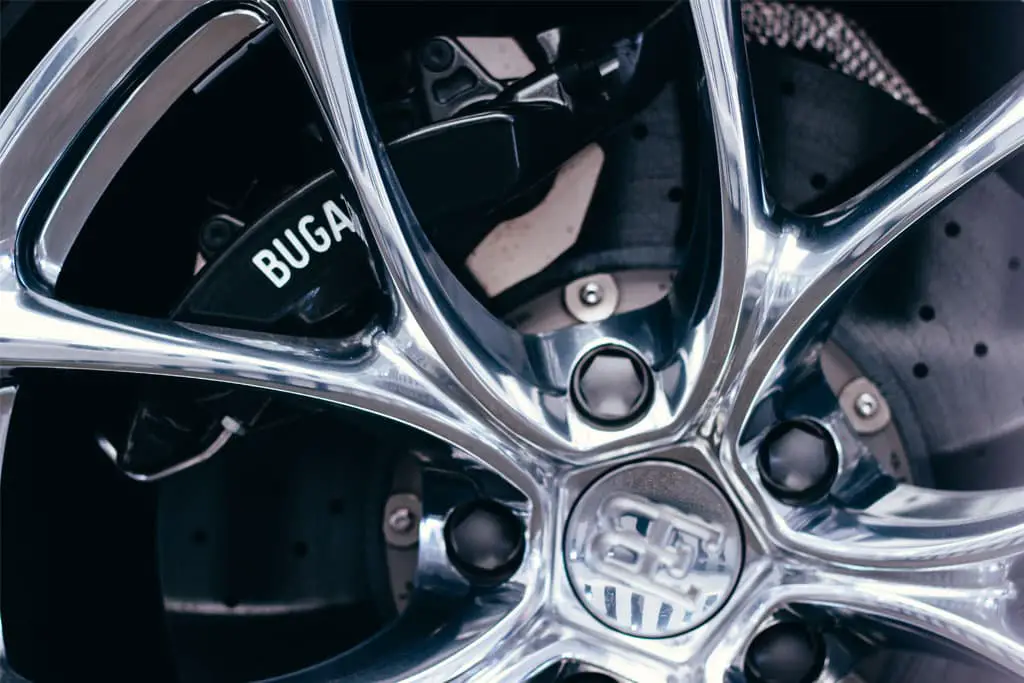Have you ever wondered “how do car brakes work?” Most people have a basic understanding that brake rotors and pads on their car are meant for stopping and can squeak terribly to warn you when they are on their last few miles. Most people ignore them until they no longer can but, considering the speed of our highways and the shifts in the weather, everyone should pay more attention to their car brakes to stay safe.

Stop or Go
Brakes are critical to operating a vehicle safely. Even though you cannot drive any vehicle without brakes, we really do not put enough thought into their maintenance considering the importance of what is riding on them.

Most modern cars use disc brakes rather than drum brakes. Anti-lock brakes (ABS) are a common technology available on most modern cars. Today, we’re going to focus on the basics of disc brakes to help you understand how to maintain them. Disc brakes are made up of rotors or discs, calipers, brake pads, lines, and a master cylinder. They have the disc or rotor fastened to the wheel, pressured by pads that in the caliper. These brakes work in a similar way to squeezing a turning plate with a thumb and pointer finger to reduce its spin.
Brake pads are made up of two layers, a metal plate on the back and a second layer of high friction material that puts the pressure on the brake disc. While the second layer does the heavy work of the brake, the metal plate keeps the caliper from overheating.
Calipers
Calipers go around the disc and usually contain two or more small pistons that push the pads against the brake disc and make sure the pressure is even. The more pistons in a caliper, the more evenly the pressure is applied on the disc. Higher-end cars tend to have more piston brake calipers then lower-end cars. The outward push of the pistons is controlled by the brake fluid coming from the brake’s master cylinder.
The hydraulic pressure of the brake is developed in the master cylinder by the driver’s foot putting pressure on the brake pedal. The pressure moves through the brake lines from the master cylinder, ending at the calipers. For cars with power brakes, the driver may notice that the braking effort is less than in cars that don’t.
Cool it Down
Understanding how brakes work is crucial in their care. Heat is one of the main issues to be monitored. It can cause significant problems if not attended to.

Heat is generated when brake pads put pressure on the disc. To reduce heat buildup, the disc is ventilated with interior vanes that pull cooler air from the middle of the disc to the outside. They literally pump the heated air away from the discs so the brakes are cooler and won’t fade. This is important because when brakes fade, it means they are too hot and have been overused. This can cause the brake fluid to boil within the calipers and the driver can lose control of the brakes. When this happens,you will feel:
- The pedal goes father to the floor than normal.
- The pedal is pressed and goes to the car floorbut the brakes do not react.
- It takes much longer to stop the car.
- The driver can smell a burning odor.
- If the issue is major, the brake may emit smoke or actually catch fire.
If any of these things happen, the driver should pull off the road and allow the brakes to cool down and assess what happened so it can be fixed.
New Technology
There is always new technology on the horizon when it comes to cars. In years gone by, brake pads were made from products that were dangerous. One example is asbestos, which was good in resisting heat but gave off hazardous dust. These problematic pads emitted a lot of gas with hard braking and the rotors needed to be cross-drilled to reduce it.
New brake technology has removed asbestos from the equation which also means a reduction in the gasses. New designs use openings to help with cooling as well as stop any gassing. These slots also prevent the stress cracking of the old drilled rotors. While this new technology is easier on the environment and those working with the brakes, they warp easier which needs to be watched in the maintenance of the system.
Installing the Most Appropriate Brake Pads
If you want to keep your car in tip-top shape, you need good quality brake pads that work well in wet conditions, make little noise, and keep the dust to a minimum. You do not need high-end brake pads but you also don’t want the lowest either. In normal circumstances, not racing or high performance,you want pads that reduce fade and can react in all temperatures. Knowing the replacement parts to use is important for proper maintenance.
Brake pads aren’t cheap to replace, so make sure you get the right ones to avoid expensive repairs down the road!
Switch out the Fluid
Brake fluid draws in moisture. This is problematic as extra moisture in the fluid lowers its boiling point so it can boil and cause brake fade during heavy braking. This is dangerous, especially when pulling heavy loads or during long drives down steep roads. Another issue is that the moisture causes the metal to rust so braking systems corrode over time and eventually fail.
Drivers should change their brake fluid in the time suggested by the vehicle’s maker or every two years to avoid these issues. It is not always at the top of the maintenance list but it should be as it can affect how braking systems perform.
Final Thoughts
Brakes are a critical part of the car and should be closely monitored. It’s good to know “how do car brakes work?” and how to maintain them to keep you and your passengers safe.